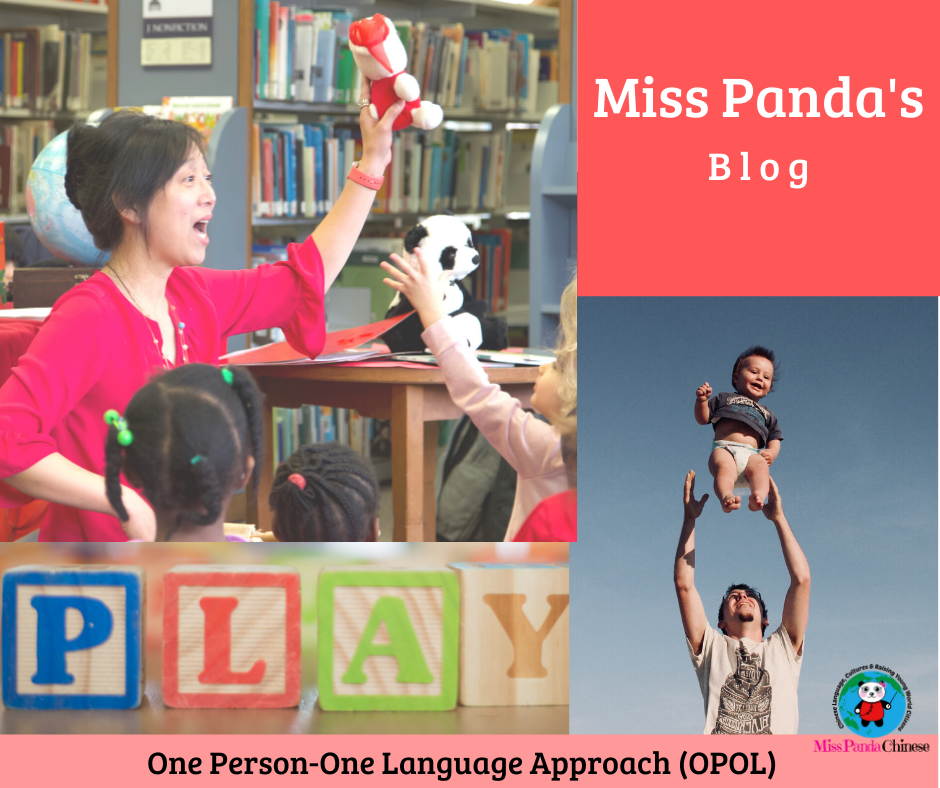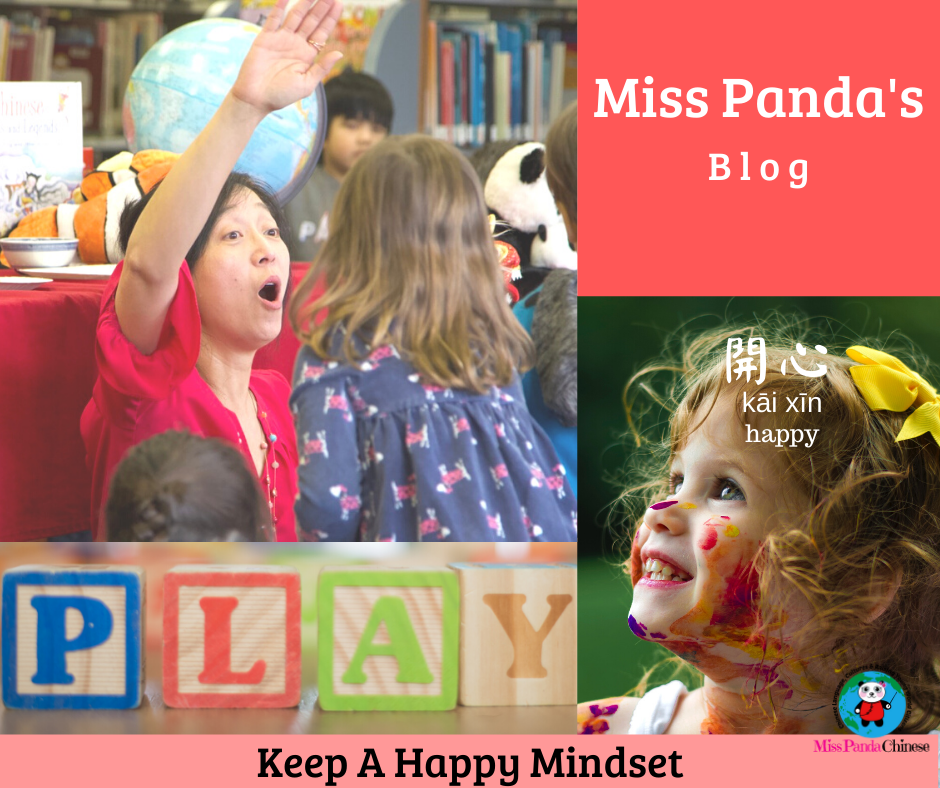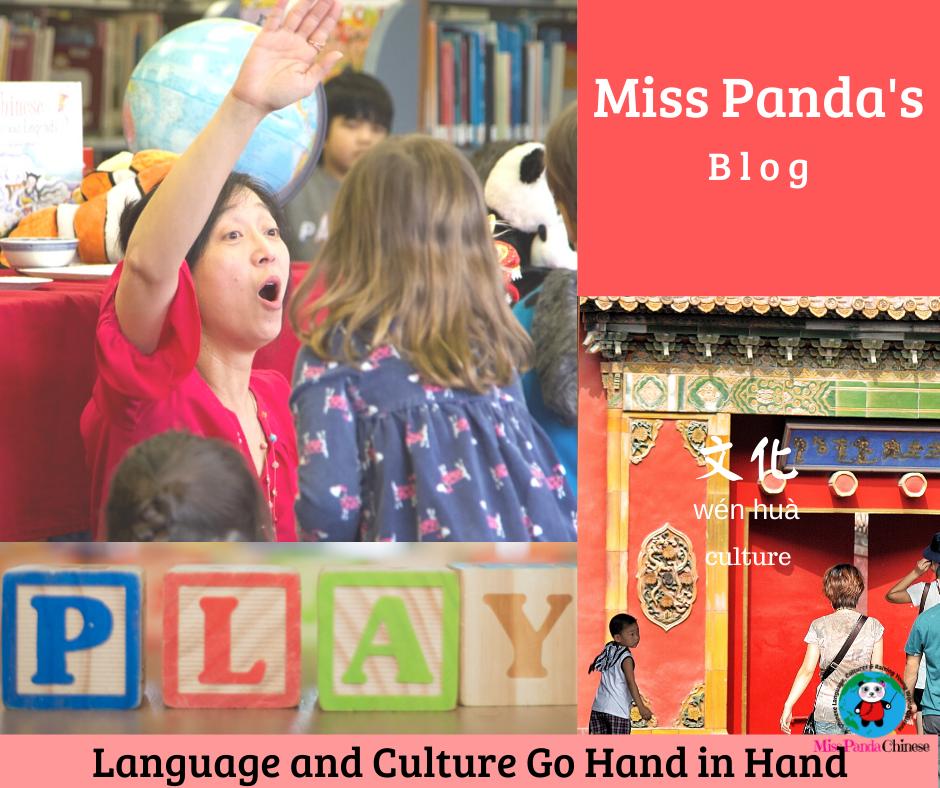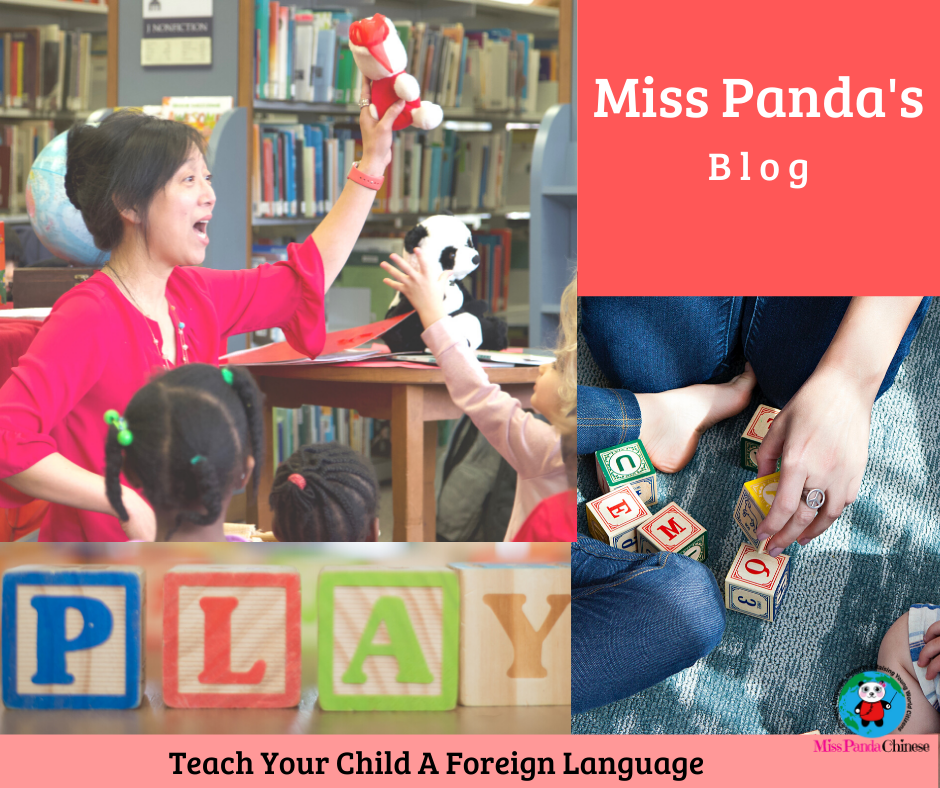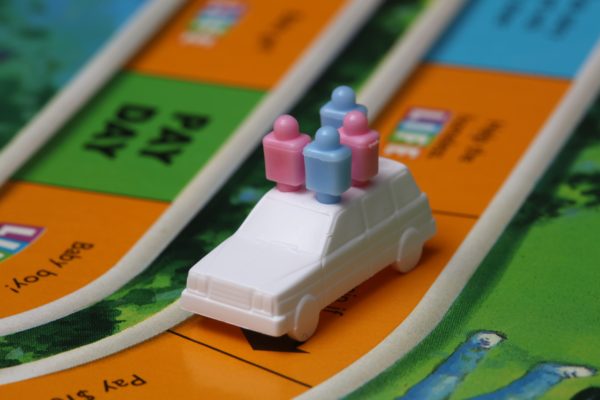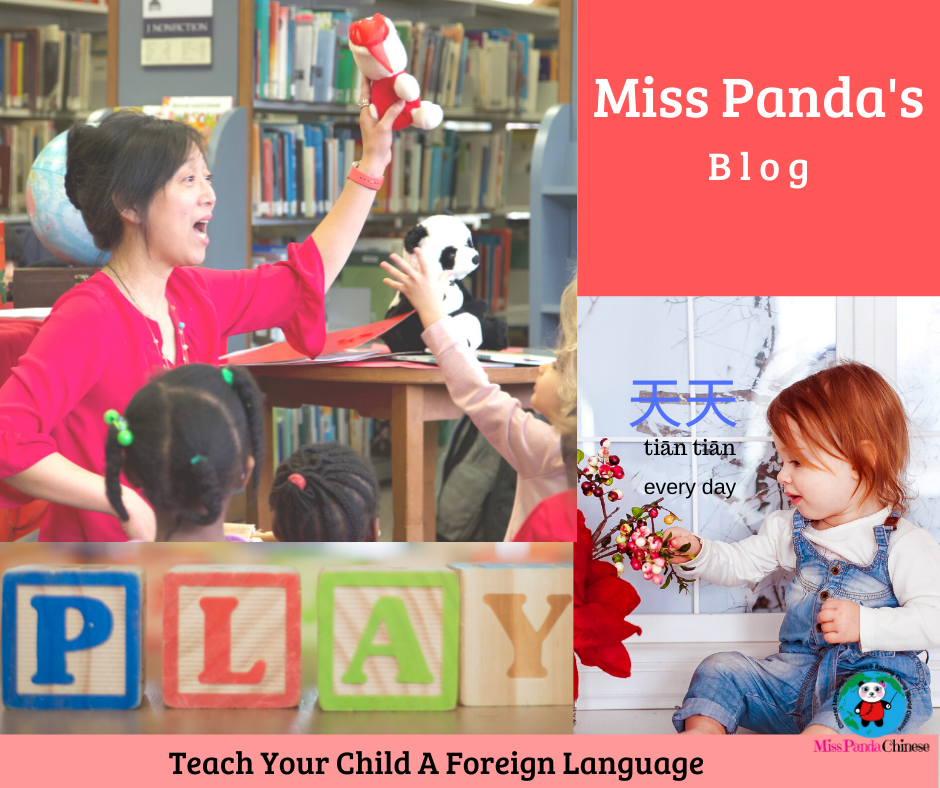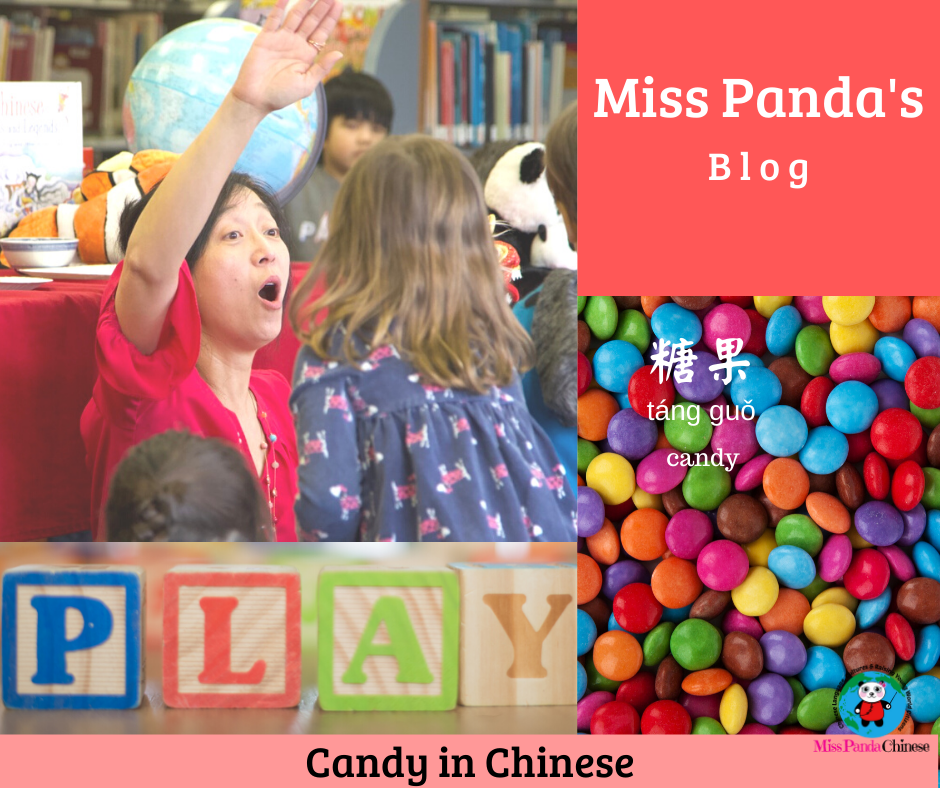one person one language (OPOL) approach When I met Annie at a party, she was about three years old. Her Dad’s native language is English and her mother’s native language is French. Both parents are fluent in each other’s native language. The Dad only speaks English to Annie and the mother only spoke French. She is now in college and is bilingual in English and French, although dominant in English. Her parents used the one person-one language
Read more →The Impact of Curiosity When there is curiosity there is learning. You want to find out where your friend buys that amazing birthday cake so you make efforts to find out. Your little child wants to know how to open the drawers so she stands there to play with the drawers and figure it out. And, a student of mine who wanted me to teach more Chinese characters to the class so he brought his brother’s Japanese
Read more →Keep A Happy Mindset – Teach Your Child A Foreign Language Learning, mindset, grit, and resilience These are the trending words we see and hear in the classroom, at school, and in the media. Teachers want kids to have a growth mindset. Parents want kids to have grit. And, experts and researchers talk to parents about raising resilient kids. Why is it important for kids to have a growth mindset, grit, and being resilient? What do these
Read more →Language and culture go hand in hand – Teach Your Child A Foreign Language Culture is filled with surprises. Think about what you have been sharing with your child from home culture to the community culture. Family culture starts at home so is learning about the target language culture. Every time I have a cultural event at school or at the library child participants always teach me something new as they connect what they know about their
Read more →Engage the senses – Teach Your Child A Foreign Language Children learn with senses since birth. Simple words and expressions in the target language lead kids to connect their understanding of the environment from one language to the other. Here are the top key questions you can ask in the target languages on a daily basis. What do you hear? (loud sound, soft sound…) How does it feel? (hard, soft…) What do you see? (big, small, colors…)
Read more →Create a routine is to have the target language present in your child’s everyday life. It is a lifestyle and it is a part of your family activity. The best place to start is to anchor the target language with an existing routine. You can listen to a target language program during the commute with the kids. So it will look like this: go the car – buckle up – listen to Chinese songs/podcast/stories. Pick the program
Read more →Have Fun with Games – Teach Your Child A Foreign Language Tip #3 The first tip in the series is “Start With Songs and Music.” And, the second tip in the series is “Incorporate Everyday Expressions.“ Now, here is Tip #3: Have Fun With Games Playing is also learning for kids big and small. Outdoor games and board games are all wonderful tools for language learning. Store-bought games, like Bilingual Zingo, can introduce new words in a
Read more →The first in the series is “Start With Songs and Music.” And here is Tip #2: Incorporate Everyday Expressions Out of sight out of mind. Language learning occurs best when you and your child hear it every day. And, a great way to learn new phrases is to use them in your daily activities. “Great job!” “Time for snacks!” Using relevant, everyday expressions makes the new language part of your child’s daily activities. Soon, you’ll be sharing
Read more →Candy in Chinese Everyday Chinese for Family The candy season is here! It is the color, the sweetness, and fun that make kids want one more piece after another one. Here we are going to talk about common candy that kids and parents often enjoy. And, we also have expressions that you can use to let your child know your limit and she needs to brush her teeth. In the States, Halloween is the time for all
Read more →Finding an Excellent Chinese Tutor for Your Child For parents who don’t speak Mandarin and for parents who have limited Chinese proficiency having a Chinese tutor or a Chinese teacher on a regular basis becomes a way to keep the Chinese program going at home. With so many choices available to parents online and offline, where can you find an excellent Chinese tutor/teacher for your child and your family? There are three important factors to keep in
Read more →